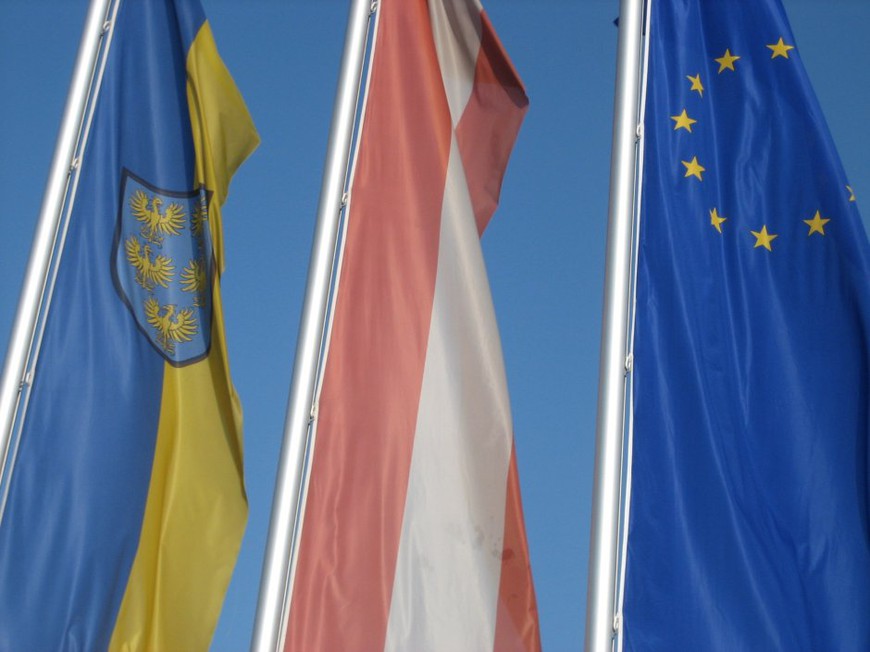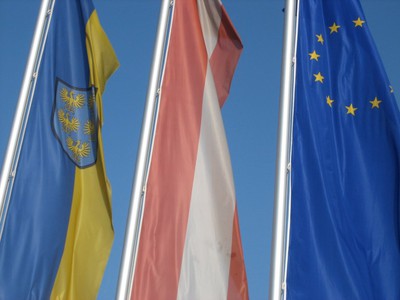

- The Court of Justice of the European Union has issued a ruling that will make it more difficult for member states to justify gambling legislation that restricts competition.
- The CJEU agreed with Eleanor Sharpston’s opinion, that “a mere increase of State tax revenue” is not sufficient justification and would be “incompatible with European Union law.”
- The Court explained that “where a restrictive system has been established for games of chance and that system is incompatible with Article 56 TFEU, an infringement of the system by an economic operator cannot give rise to penalties.”
The CJEU agreed with Eleanor Sharpston’s opinion that a mere increase of tax revenue is not sufficient justification
The Court of Justice of the European Union (CJEU) has issued a ruling regarding Austrian gambling laws that will make it more difficult for member states to justify gambling legislation that restricts competition from operators licensed in other EU countries.
The ruling in the Pfleger case focused on the legitimacy of Austrian gambling legislation under article 56 of the Treaty for European Union (TFEU).
The court ruling closely followed the opinion of the UK Advocate General, Eleanor Sharpston QC, given in November last year.


